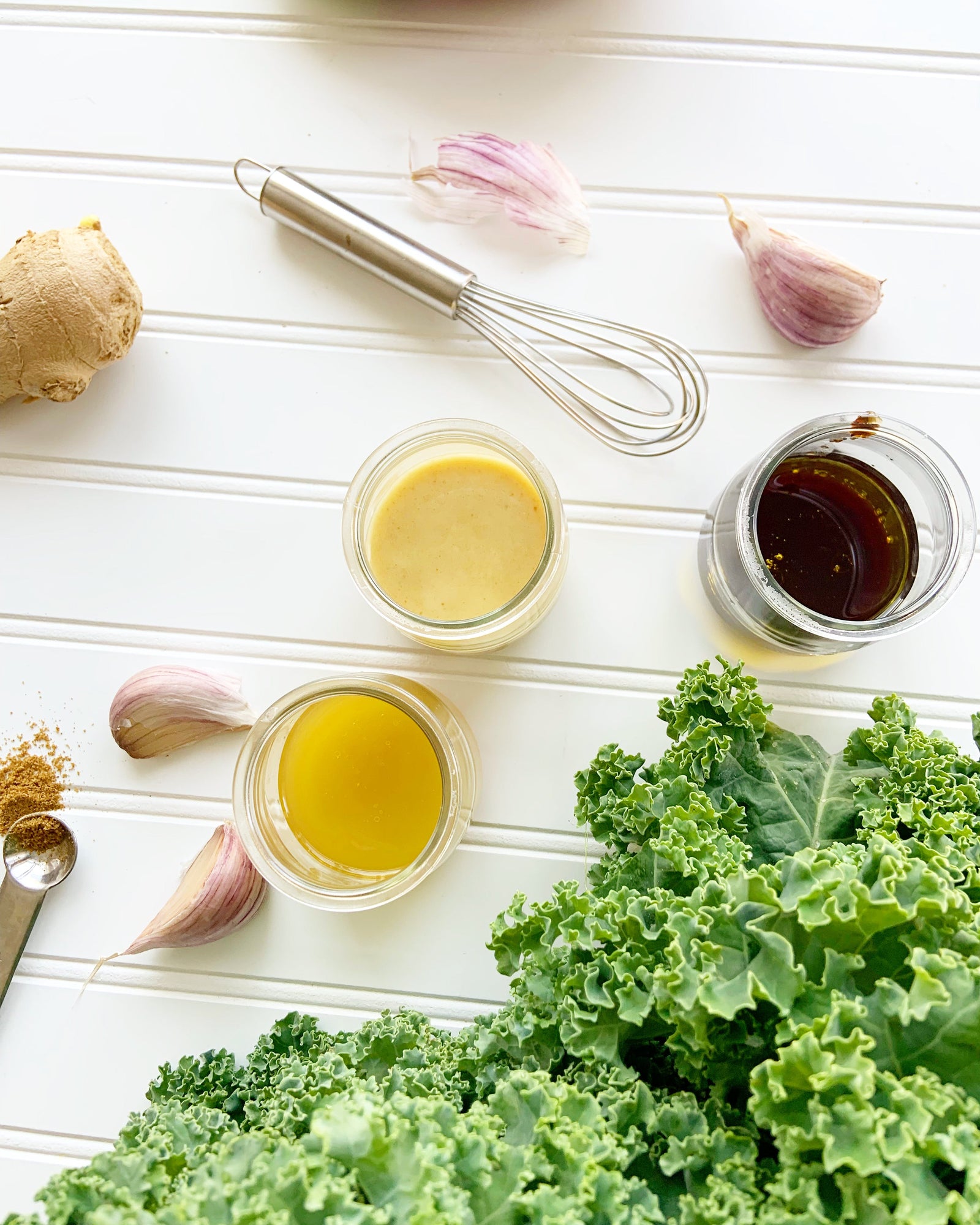As parents of young athletes, we know you want the best for your sports-loving kids, and their nutrition plays a huge part. Let’s dive into sports nutrition for young athletes, catch some inspiration from their professional sports idols, and kick start your champs’ next performance with some seriously tasty fuel.
What are the Nutritional Needs of a Child Athlete?
Young athletes are like little powerhouses, and their bodies need the right kind of rocket fuel to keep them going strong. Here's what they need…
Macronutrients: Carbs, Proteins, and Fats
Carbohydrates:
Think of these as your child's main source of energy. Some carbohydrates (processed carbs) only offer fast fuel, meanwhile others (whole foods) can fuel your athlete for a more sustained period of time.
Best Sources: Whole grains, fruits, seeds, nuts, and vegetables.
Proteins:
These are the building blocks for their muscles. Similar to the building blocks your kids have played with to build sturdy structures, the body needs protein to design strong muscles. Kid athletes have muscles that need lots of building blocks, called amino acids, which is found in protein.
Best Sources: Nuts, seeds, beans, lean meats, eggs, and even plant-based goodies like tofu.
Fats:
One of the best fuels for young athletes, good fats help nourish a young athlete’s brain while helping reduce inflammation that can hinder their performance and recovery.
Best Sources: Avocado, hemp seeds, pumpkin seeds, nuts, and fish (tuna, salmon, sardines).
How Much Protein does a Child Athlete Need?
According to nutritional guidelines in North America, it’s recommended children ages 4-13 get (RDA) for protein is 0.95g/kg/day. For teenagers, ages 14-18, the RDA for protein is 0.8g/kg/day. However, sports will increase the body’s protein needs.
Without additional needs from athletics, the protein needs of a child equates under 13 who weighs about 30kg (70lbs) is roughly 30g of protein per day. What does that look like? Here’s some common foods and their protein content…
How Much Protein Should My Kid in Sports Eat?
Here are some examples of what 30g of protein looks like in foods your kid might enjoy. (But, I would never as a parent serve my child one of these items at these quantities on its own!) Moderation (or variety) is key! Offer your child a variety of foods - this helps ensure their active bodies are getting a diversity of nutrients needed to optimize their performance.
- Greek Yogurt 1.5 cups
- Eggs - 4
- Edamame – 1.5 cups
- Cheese – 1 cup shredded
- Beans – ¾ to 1 cup
- Peanut Butter – 8 tbsp
- Tuna – ¾ of can
Vitamins and Minerals
Fruits and veggies are full of essential nutrients that help your child grow strong and play even stronger.
What Foods are High In Fiber for Kids?
All plants, in their whole form (not processed) can be great sources of fiber. Some of the foods that are high in fiber, that kids enjoy, include bananas, pears, raspberries and carrots. Fiber is the unsung hero of digestion and helps keep blood sugar levels steady. Whole grains, fruits, and veggies are the way to go. Plus, fiber is important for fueling the microbes that live in your kid athlete’s gut – these are known to enhance mood, energy and immunity.
How Many Calories Does My Kid Athlete Need?
Many young athletes do not eat enough. It’s not their fault. Busy schedules can sometimes make it difficult to fit in regular snacks or meals. The problem with insufficient fueling, is athletes can lack enough energy to do their sport well.
When athletes don’t eat enough regularly, they can struggle with low energy. Sports nutrition researchers call this Relative Energy Deficiency in Sports (RED-S). Practitioners and athletes place too much importance on physique changes assuming that changes always improve performance, and this can increase risk of eating disorders especially in younger athletes.
What You Should Know About Eating Disorders in Young Athletes
When athletes don’t eat enough, it puts them at risk of both physical and mental health consequences. Let’s encourage others in our sport cultures to reduce focus on body weight or leanness, particularly in young and sub-elite athletes. This could reduce the risk of more young athletes developing disordered eating habits – a growing concern amongst experts. Wait times for assessment in treatment are increasing, some longer than 6 months to a year.
Stay Hydrated: Kids In Sports Need Lots of Water
Water really is a magical potion for young athletes (and older ones, alike). Encourage your young athletes to drink water all day, especially before, during, and after their sports activities.
Typically, athletes do not drink enough water during their sport to properly rehydrate. So, continue to drink after sport!
As for electrolyte drinks, these can be important for intense exercise that lasts longer than one hour, or in tournament or competitions with multiple events in a day.
How to Help Your Kid Athlete Eat Better
Sports nutrition isn't just for the pros – it's for your young athletes, too. With the right guidance and support, they'll develop not only into fantastic athletes but into lifelong health-conscious individuals. Lead by example - that's the best thing you can do!
Let's keep cheering them on and filling their plates with the good stuff. Here's to a bright future filled with slam-dunks, goals, and gold medals!
Also in Blog

The Microbiome Diet: Gut Health, the Human Microbiome and Your Health
Your guide to the human microbiome, with insights into the Microbiome Diet, and whether it can improve your health, including indigestion.

Why Can't I Sleep: Your Guide to Better Sleep



